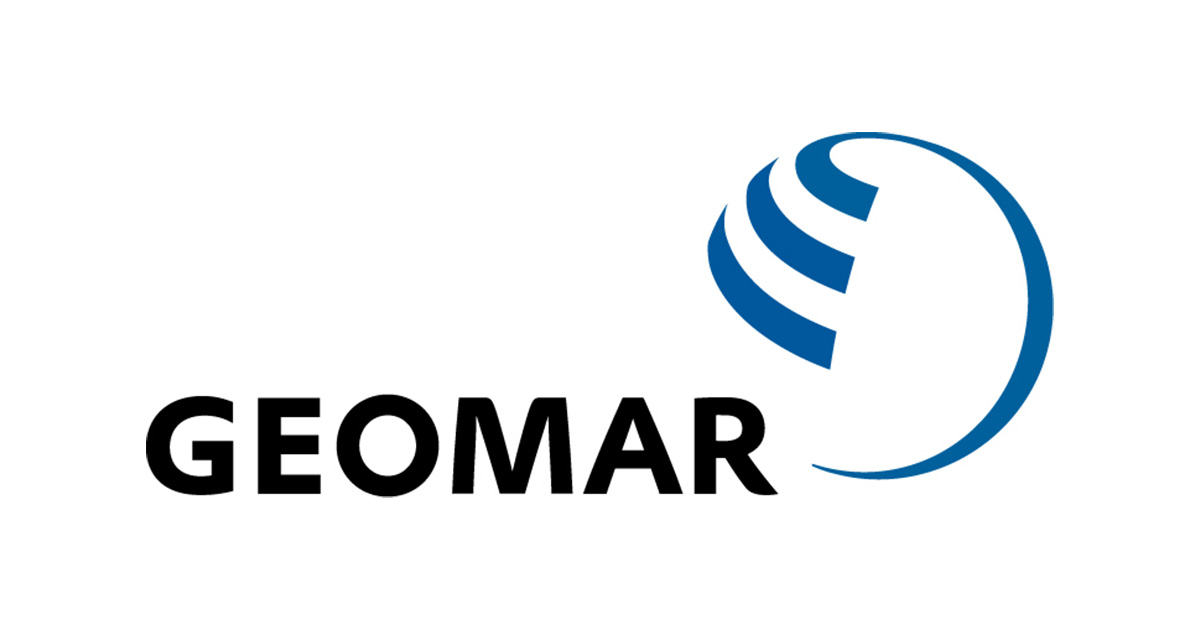GEOMAR Helmholtz Centre for Ocean Research Kiel is a foundation of public law jointly financed by the Federal Republic of Germany (90%) and the state of Schleswig-Holstein (10%) and is one of the internationally leading institutions in the field of marine research.
Through our research and our commitment to the transfer of knowledge and technology, we contribute significantly to the preservation of the function and protection of the ocean for future generations.
Project Description
The Eastern Mediterranean Sea (EMS) is one of the most oligotrophic systems globally, with primary productivity limited by a low supply of nutrients. The supply of nutrients to support the primary productivity in the EMS is poorly constrained, which hampers our understanding of the functioning of the ecosystem, the biological carbon pump (BCP) and ocean CO2 uptake. The pH appears to have decreased in EMS surface waters since at least the 1960’s, based on isotopic analysis. Yet, measurements since 2009 show that certain regions of the EMS are a net CO2 source to the atmosphere.
This Doctoral position is part of a Helmholtz funded International Lab project called EMS FORE (https://www.geomar.de/en/ems-fore). The EMS FORE project focusses on the EMS, which is one of the most rapidly changing ocean basins on our planet impacted by both climate change (including warming) and extensive anthropogenic pressures (including pollutant inputs).
The overarching aim of EMS FORE is to use the EMS, from coastal to deep ocean, as a natural laboratory to gain mechanistic and quantitative understanding of biogeochemical and ecosystem transitions of a future (sub)tropical ocean (covering 40% of global ocean) affected by global warming and other anthropogenic pressures. For this purpose, the EMS is used as an early warning and model system to examine ecosystem resilience and sensitivity. EMS FORE is a Decade Action project as part of the UN Decade of Ocean Science for Sustainable Development 2021-2030.
The advertised Doctoral project will undertake improvements to chemical sensors that are at Technology Readiness Level (TRL) 5–7 and deploy them on various platforms, including ships, moorings, autonomous underwater vehicles. In addition, the candidate will deploy commercial sensors on platforms. The sensors that will be used are for the autonomous measurements of nutrients (nitrate, ammonium, phosphate) and carbonate chemistry (pCO2, DIC, pH, alkalinity). Discrete samples will be collected and analyzed in the laboratory for the validation of the biogeochemical sensors. The obtained knowledge will be used to improve model projections of ocean productivity and carbon uptake under future climate scenarios.
Carbonate chemistry variables and nutrients will be sampled and analyzed for validation purposes using Best Practices (Dickson and Go-Ship protocols). The fieldwork will be conducted in the Eastern Mediterranean on research cruises with Israeli vessels, and also FS Meteor. We expect the candidate to enroll in the marine science post-graduate school in Kiel, FYORD.
Job Description
The Doctoral researcher will work in strong collaboration with researchers at GEOMAR and the University of Haifa (Israel) and in an interdisciplinary environment of the EMS FORE project with about 10 other Doctoral researchers working on various topics. The supervisory team will include Prof. Eric Achterberg, Dr. Mario Esposito (GEOMAR), and Dr. Tal Treibitz (University of Haifa) The candidate will be working closely in the project with chemical, biological and physical oceanographers, and biogeochemical modelers. The candidate will undertake improvements to chemical sensors that are at TRL 5-7 and deploy them on various platforms. In addition, the candidate will deploy commercial sensors on platforms. Discrete samples will be collected and analyzed in the laboratory for the validation of the biogeochemical sensors. The candidate will interpret the data in relation to biological, chemical and physical processes in the EMS.
Qualifications
- A completed university degree (Master degree or Diploma) in chemistry, chemical oceanography, environmental chemistry, analytical chemistry, chemical engineering or related field is required.
- Experience in analytical chemistry, geochemistry, environmental chemistry and/or chemical engineering is required.
- Experience in analytical chemical instrumentation, instrument development is desired
- We expect good English language skills.
- The candidate is willing and able to participate in sea-going expeditions.
Our offer
At a workplace, directly on the Kiel Fjord with many leisure and recreational opportunities, we offer you:
- Support services for professional and personal life situations
- An exciting work environment with the opportunity to provide important impetus for the development of sustainable solutions
- Exciting topics in an international environment
- Work in the field of marine and climate research, a forward-looking area with social significance
- 30 vacation days + additional time off at Christmas and New Year's Eve
- Company pension plan and capital-forming benefits
The position is funded by the BMBF, and is available for a funding period of 36 months. The salary depends on qualification and could be up to the class 13 TVöD-Bund of the German tariff for public employees. This is a part-time position according to 75% of a full-time equivalent. The position cannot be split. Flexible working time models are generally possible.





